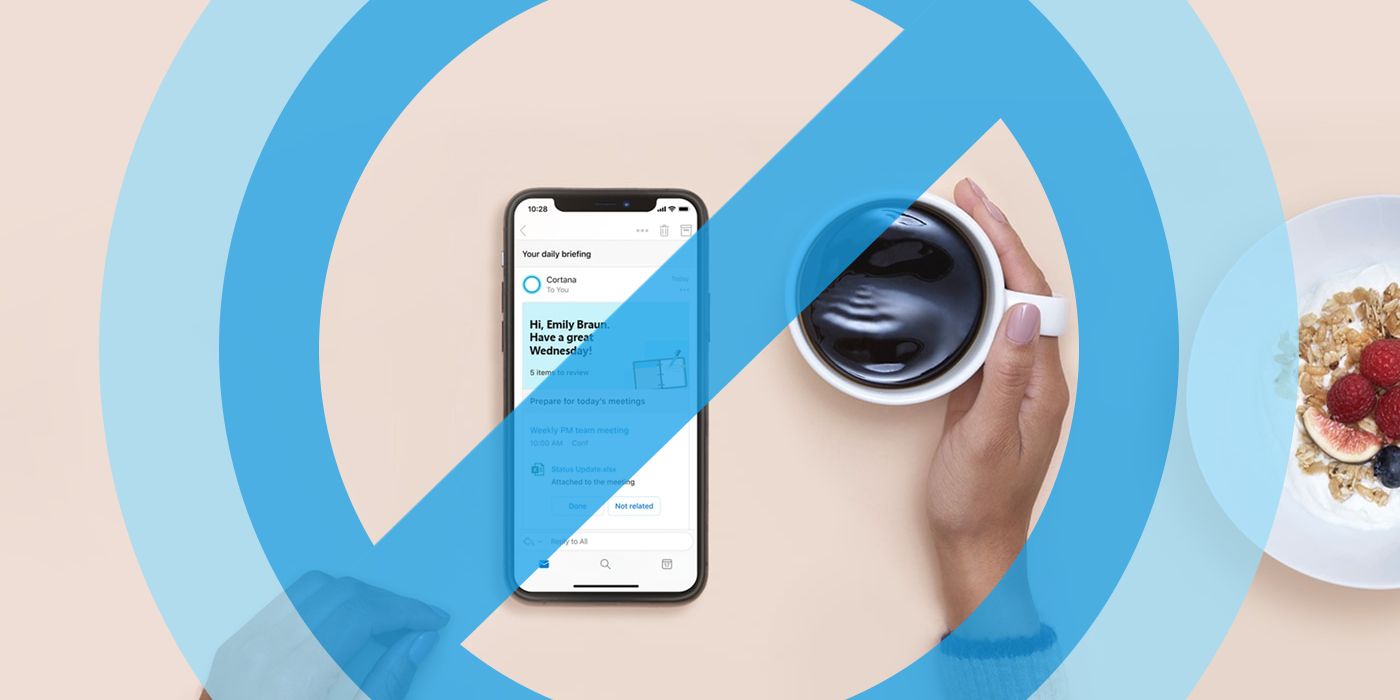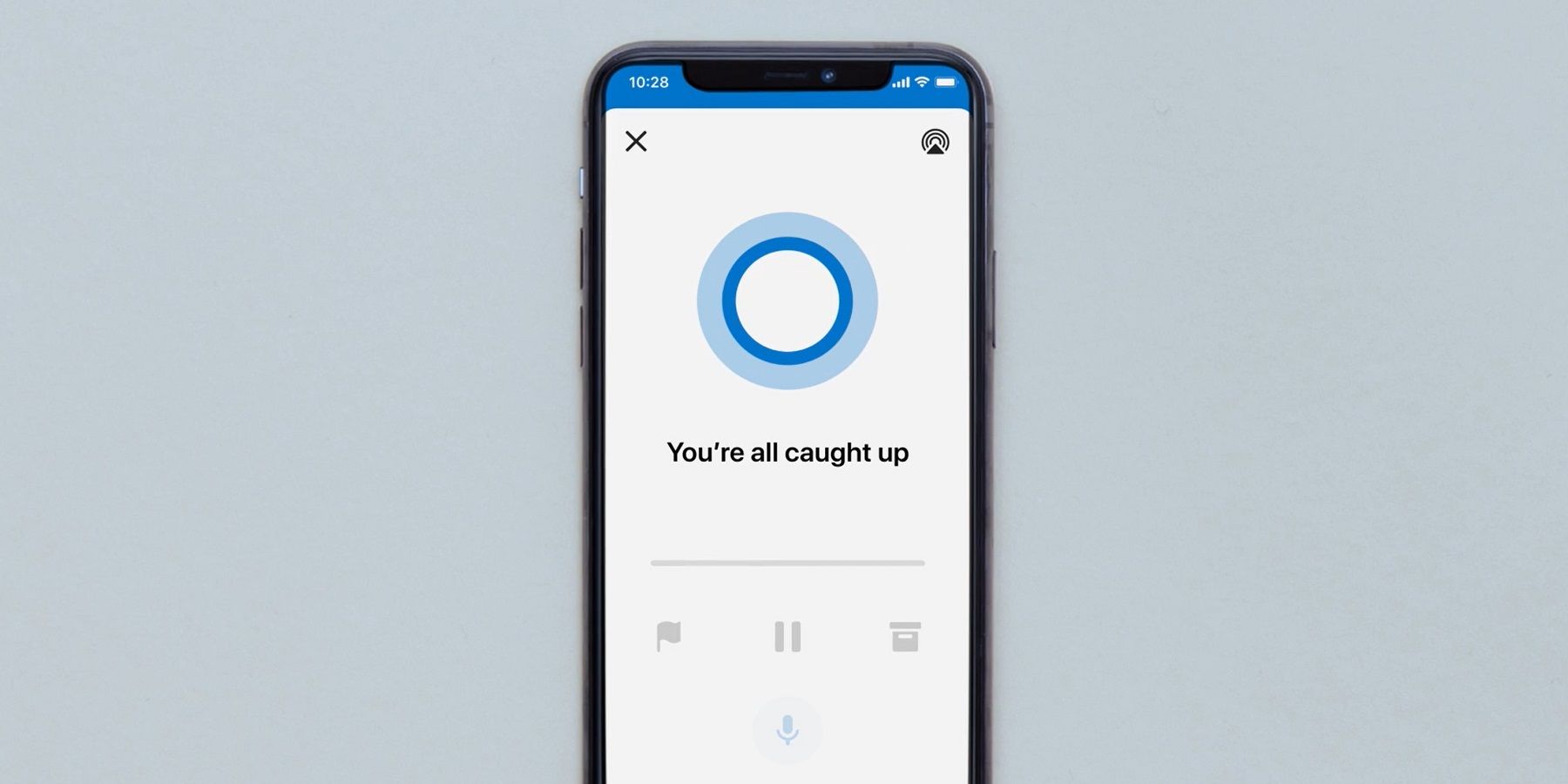Microsoft has finally retired Cortana's mobile app. Today, the personal assistant is no longer supported on either iOS or Android. Though the move reduces Microsoft's competitiveness against its rivals, it also furthers the company's goal to make Cortana a more productivity-oriented voice assistant, an initiative that was announced midway through last year.
Microsoft first introduced Cortana in 2014. Named after the popular character in Microsoft's iconic game series Halo, the assistant found its way into Windows 10 when it launched in 2015, after which Microsoft expanded its reach to other platforms including the now-defunct Windows Mobile. However, despite the assistant's integration into Microsoft's software, it was never able to compare to its rivals: Amazon Alexa, Apple's Siri, and Google Assistant. In July 2020, Microsoft announced the assistant's pivot towards more productivity-oriented functionalities. With the pivot, the company announced that Cortana would be retired from its mobile versions at some point then unknown.
Now, that date has come to pass. In a support document published recently, Microsoft announced that Cortana's Android and iOS versions are no longer available or supported starting March 31. Mobile users can no longer obtain the app from the App Store or the Play Store. Further, currently installed apps will no longer support Cortana's skills. For users who still use Cortana on their mobile devices, Cortana and the content created on mobile will still be available on Windows 10. In addition, Cortana will automatically sync current data — like to-do lists and tasks — with the Microsoft To Do app.
Is Microsoft's Cortana Gone For Good?
Though the mobile version's retirement is seemingly a huge blow to the assistant, Cortana will still exist inside Windows 10. Microsoft is focusing on the assistant's functionality in productivity-related features, particularly in the Microsoft 365 suite of apps. It has even pulled the assistant from previously released hardware that came with dedicated Cortana support such as the Harman Kardon Invoke. That said, the company is merely refocusing the assistant towards the features that it sees the most growth in. Right now, the assistant has gained more features in the company's other apps like Outlook and even Microsoft Teams.
However, amid the assistant's announced pivot, the mobile app's retirement likely also stems from a lack of growth in the mobile voice assistant segment. Currently, Google Assistant and Siri still hold a relatively stronger grasp on the segment, marked by their recent developments for users. Compared to these rivals, Microsoft has never developed a robust ecosystem of devices and functionalities wherein having a mobile app installed is necessary. Even Amazon Alexa has already created a home device ecosystem that necessitates having a mobile hub app. Microsoft instead thrives under its suite of software.
Source: Microsoft


